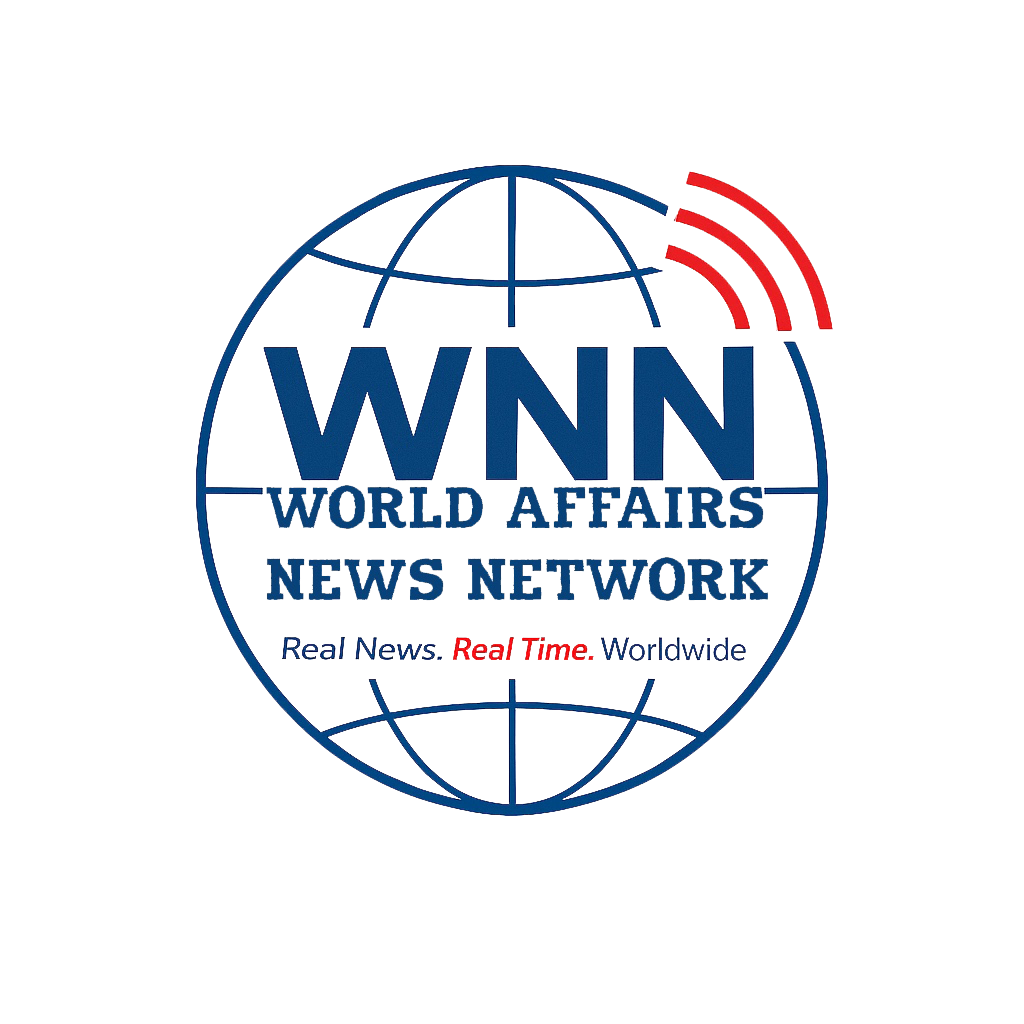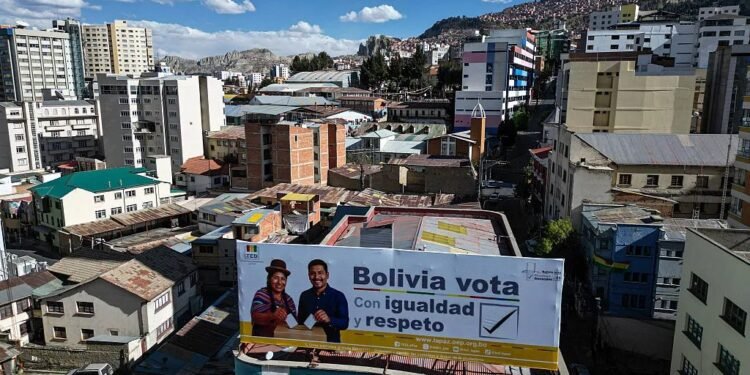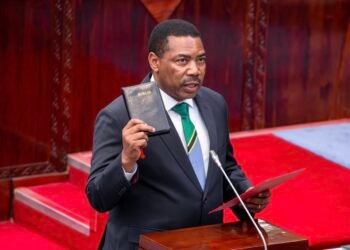LA PAZ: Centrist senator Rodrigo Paz was leading Bolivia’s presidential election late on Sunday, according to early official results, signaling the ruling Movement for Socialism (MAS) is on track for its worst defeat in a generation.
Paz of the Christian Democratic Party had secured 32.18% of the vote, while Eduardo del Castillo of MAS managed only 3.16%, according to results released by the electoral tribunal Sunday night.
Conservative former President Jorge “Tuto” Quiroga of the Alianza coalition was in second place with 26.94%.
“Bolivia is not just asking for a change in government, it’s asking for a change in the political system,” Paz declared in a nationally broadcast speech Sunday night. “This is the beginning of a great victory, of a great transformation,” he added, as supporters chanted “renewal.”
Quiroga acknowledged the outcome earlier in the evening, confirming his place in the runoff and congratulating Paz on his performance.
Outgoing President Luis Arce issued an upbeat statement: “Democracy has triumphed.”
Under electoral rules, if no candidate secures more than 40% of the vote with a 10-point lead, the presidency will be decided in a runoff on October 19. Full official results are expected within a week.
Paz’s surge stunned analysts, as polls had placed him at just 10% support, far behind Quiroga and center-right businessman Samuel Doria Medina of the Unidad Alliance coalition. Medina conceded defeat on Sunday and pledged to support Paz in the runoff.
The election took place under the shadow of four-decade high inflation and the absence of former president Evo Morales, barred from running and vocal in criticizing the vote. His calls for a boycott, however, appeared to fizzle.
Authorities reported steady turnout despite fears of disruptions by Morales’ supporters. International observers confirmed the process was largely smooth, though minor incidents were reported in Cochabamba, Morales’ stronghold.
With eight candidates and no dominant MAS contender, the vote marked a “crossroads moment” for Bolivia, said Southern Andes analyst Glaeldys Gonzalez Calanche of the International Crisis Group.
Bolivia’s fragile economy remains central to voter concerns. Inflation has surged past other Latin American nations, while shortages of fuel and U.S. dollars strain households.
Annual inflation hit 23% in June, up from 12% in January, pushing many Bolivians toward cryptocurrencies as a hedge.
-WNN Desk
WATCH, LIKE & SUBSCRIBE CHANNEL FOR GLOBAL STORIES





















